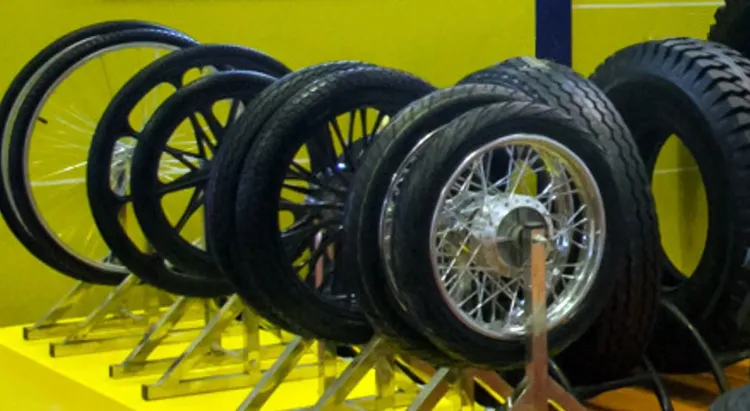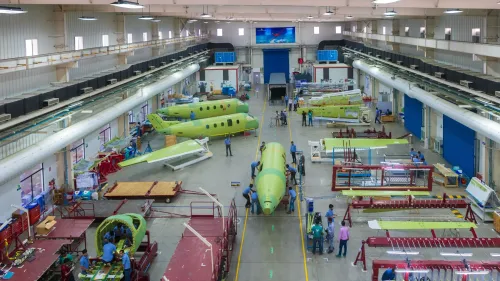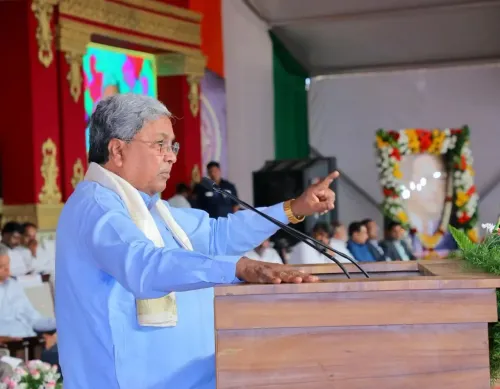Should India Increase R&D in Tyre Manufacturing and Diversify into Non-US Markets to Combat US Tariffs?

Synopsis
Key Takeaways
- Increase R&D investments to reduce raw material reliance.
- Diversify into non-US markets to offset tariffs.
- Timely policy support is essential for competitiveness.
- The US market accounts for 18% of Indian tyre exports.
- Asian competitors enjoy lower tariff barriers.
New Delhi, Sep 3 (NationPress) The tyre sector in India must reduce its reliance on raw materials by increasing investments in research and development. Furthermore, it should boost its presence in non-US markets as a strategic response to recent US tariffs, according to a report released on Wednesday.
Despite having established a significant global footprint and competitive edge, the latest increase in US tariffs presents a major challenge, as highlighted by a report from CareEdge Ratings.
The US government has raised tariffs on Indian imports to 50 percent for most categories and 25 percent for certain specified goods, effective from August 27.
To maintain their competitiveness, companies must find a balance between market diversification and cost optimization, which should be facilitated by timely policy measures.
“Essential policy measures, such as enhancing export incentives, bolstering R&D support, and improving manufacturing capabilities are vital to protect India’s global standing and ensure long-term competitiveness,” stated Sahil Goyal, Assistant Director at CareEdge Ratings.
The US remains the largest destination for Indian tyres, contributing to 18 percent of total shipments, as per CareEdge Ratings. In contrast, several Asian competitors like Japan, Vietnam, and Indonesia experience lower tariff barriers, which diminishes India's cost competitiveness in this crucial export market.
The ratings agency noted that tyre producers heavily reliant on exports to the US will feel the most pronounced effects of these new tariffs in the short term.
On September 3, US President Donald Trump reiterated his grievances regarding India's trade policies, describing the India-US trade relationship as “one-sided for many years” and highlighting high tariffs as an impediment to American exports.
He reiterated his claim that India's tariffs on US exports are “among the highest globally.” However, data from the World Trade Organization (WTO) and World Bank indicates that India's tariffs are not the highest worldwide, although it does impose substantial levies in select sectors such as agriculture to protect its farmers.










